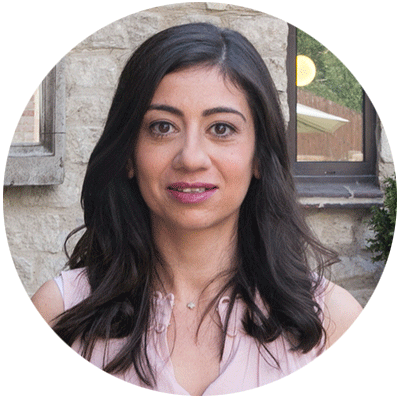Interview transcription:
In an interview with Dr Penelope Pratsou we asked her if there are any preventative measures you can take to avoid hair loss.
Is there anything you can do to prevent unexpected hair loss?
Penelope Pratsou: Maintain a healthy diet. With any type of hair loss, I would always check that you’re getting the right nutrients from your food. Iron is great for the cells that stimulate hair growth. Whether you obtain this from red meat or leafy green vegetables, it is important to maintain a varied and balanced diet.
Should I watch my calorie intake to prevent hair loss?
Penelope Pratsou: Yes, you should monitor your calorie intake and maintain a healthy diet because sometimes this can be a contributing factor in hair loss. If you are too restrictive, this can cause thinning of the hair for a number of reasons. To promote healthy hair growth, we generally recommend that you replenish your iron levels if they are low. Sometimes, we also check your zinc, vitamin D and thyroid levels. An under-active thyroid gland can cause hair loss or hair thinning.
There are certain types of hair loss which cannot be prevented or predicted. Autoimmune causes – whether that’s a scarring type of alopecia or a non-scarring type such as alopecia areata – it’s often due to a misbehaving immune system. There are a number of treatments to reverse or prevent further hair loss. However, these will depend on the type of hair loss that you have.
If you have any of the symptoms or conditions that we’ve just discussed, we invite you to book a consultation with Dr Penelope Pratsou where she’ll be able to assess your condition and give you a suitable treatment plan.

About the author
Dr Penelope Pratsou | Consultant Dermatologist
MBChB, MRCP (UK) (Dermatology)
I’m Dr Penelope Pratsou, a skilled independent Consultant Dermatologist based in Berkshire. I have specialist expertise in the diagnosis and management of all skin cancers, and in performing mole checks. I’m a trained skin surgeon and remove skin cancers, moles, skin tags, cysts and warts.
I also have invaluable experience in dealing with all skin conditions, from the common skin complaints of acne, rosacea, eczema and psoriasis, to the rarer and more complex skin problems, having seen it all through years of NHS work.
After I obtained my Membership to the Royal College of Physicians, I undertook rigorous specialist training in dermatology, before being appointed as a Consultant Dermatologist at the Royal Berkshire Hospital, Reading. There, I helped set up and lead a busy clinic for the diagnosis and treatment of suspected skin cancer. I was also actively involved in supervising and training both dermatology and GP trainees.
Alongside my increasingly busy private practice, I have maintained an NHS practice in Oxford in order to continue to engage with challenging cases and to develop my specialist interest in skin allergy.





